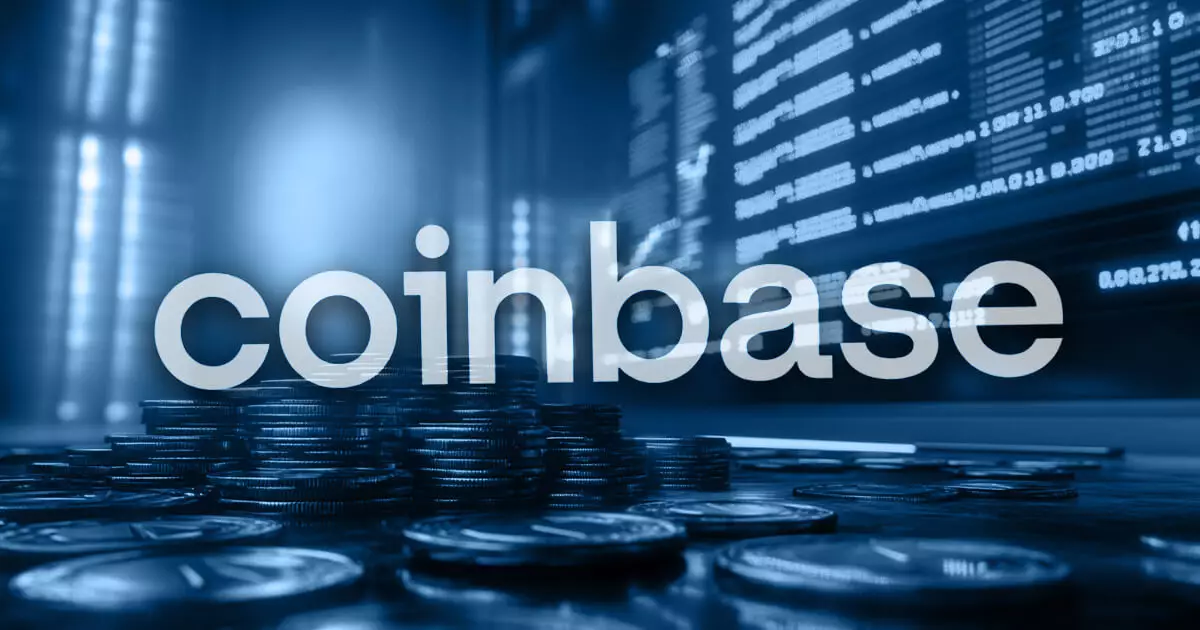The landscape of cryptocurrency trading is often marred with allegations and disputes, especially when it comes to the practices of major exchanges. Recently, a heated exchange of words erupted involving prominent figures in the crypto sector: Justin Sun, the founder of Tron Network, Andre Cronje, co-founder of Sonic Labs, and Brian Armstrong, CEO of Coinbase. These discussions have spotlighted the controversial topic of listing fees and the varying practices among exchanges, leading to a broader conversation about transparency and legitimacy in the cryptocurrency market.
At the center of this controversy are claims made by Justin Sun, who alleged that Coinbase demanded a hefty 500 million TRX—approximately $80 million—for listing Tron’s native token, TRX. This assertion sheds light on a pressing concern within the cryptocurrency community: the financial barriers that emerging projects might face when trying to gain traction on well-established exchanges. Sun also mentioned that Coinbase required a significant $250 million Bitcoin deposit to enhance liquidity, suggesting that the process of being listed is not just a nod from the exchange but rather a costly endeavor.
In contrast to Coinbase’s alleged practices, Sun also referenced Binance as a more accessible option, stating that they did not impose any fees for listing TRX. This juxtaposition raises questions about the competitive landscape among exchanges and the criteria they employ while reviewing and listing new tokens. Binance’s alleged lack of fees could position it as a more favorable option for startups looking to enter the marketplace, fostering an attractive environment for innovation and growth.
Support and Defense of Coinbase
Even as Sun and Cronje articulated their grievances, various members within the crypto community emerged to defend Coinbase, laboring to maintain its reputation as a transparent and reliable trading platform. Prominent figures like Greg Osuri, founder of Akash Network, refuted claims of listing fees, asserting that his project faced no such financial requisites from Coinbase. Similarly, Haider Rafique, the Chief Marketing Officer at OKX, echoed this notion, applauding Coinbase’s supposedly straightforward policies regarding asset listings.
This mixed response from the community illustrates the complexities surrounding claims of exchange practices. While some may have had positive experiences with Coinbase, others have faced significant demands, leading to a divergence in perceptions. It reflects not only the varying experiences across different projects but also signals that the listing process may be shrouded in varying degrees of opacity.
Adding another layer to the discussion, Luke Youngblood, a contributor at Moonwell DeFi, proposed that the confusion may stem from misconceptions surrounding Coinbase’s educational offerings. He pointed out that Coinbase occasionally runs marketing campaigns through its Earn platform, which may inadvertently be perceived as a requirement for listing. Youngblood’s insights emphasize the need for clarity in communication about the roles and dependencies of marketing efforts relative to listing procedures on exchanges. This distinction is vital, as it underscores an ongoing challenge in the industry: the effective communication of policy and procedure.
As these discussions surfaced, they coincided with wider conversations about the competitive ecosystem of exchanges. For instance, Simon Dedic of Moonrock Capital alleged that Binance is asking for substantial portions of project token supplies—amounting to millions of dollars—in exchange for listings. This assertion was swiftly negated by Binance co-founder He Yi, who asserted that claims of exorbitant fees are unfounded. Yi’s defense emphasizes Binance’s commitment to maintaining strict listing standards regardless of financial considerations.
Ultimately, as the cryptocurrency market matures, the dialogue surrounding listing fees will likely continue to evolve. Exchanges need to strike a balance between maintaining a rigorous vetting process for coins and tokens while remaining accessible to innovative projects that could contribute to the overall growth of the ecosystem. Increased transparency regarding listing requirements not only fosters trust within the community but also enhances the legitimacy of the exchanges themselves.
The ongoing confrontations regarding listing fees reveal much about the intricate dynamics of cryptocurrency exchanges. As industry standards continue to shift, it becomes imperative for key players to navigate these debates carefully, ensuring that practices are not only competitive but also fair to promote a healthier trading environment.
















Leave a Reply